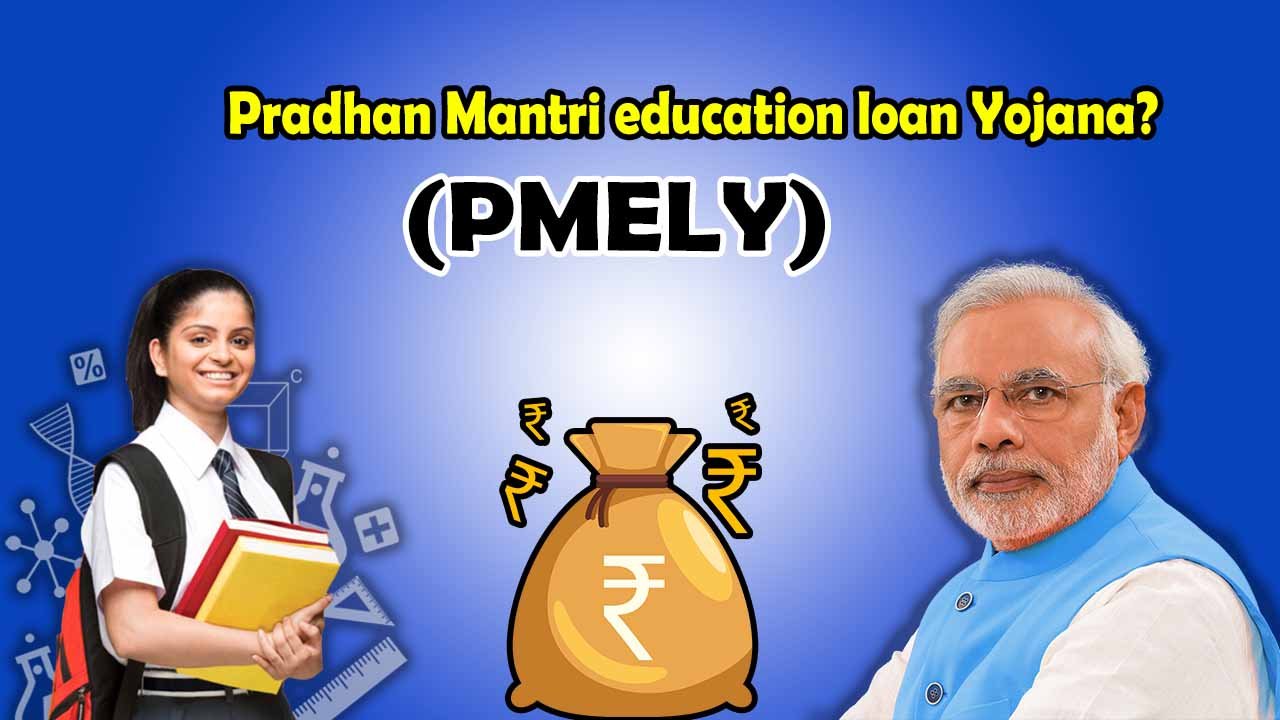In India, where education is highly valued, the pursuit of higher studies often comes with a substantial financial burden. Educational loans serve as a lifeline for many aspiring students, providing the financial support needed to pursue their academic dreams. This article aims to demystify the eligibility criteria for educational loans in India, shedding light on the requirements that students and their families need to fulfill to access this crucial financial assistance.
Eligibility Criteria for Educational Loans in India
- Educational Institution: The applicant should have secured admission to a recognized educational institution in India or abroad. Most lenders have a list of approved institutions, and students must ensure that their chosen institution is on this list.
- Age of the Applicant: Generally, the age of the applicant plays a crucial role in determining eligibility. Typically, students applying for undergraduate courses should be between 18 and 35 years old, while postgraduate applicants may have a slightly higher age limit.
- Academic Performance: Lenders often consider the academic performance of the applicant. While specific criteria may vary, a consistent and satisfactory academic record is usually a positive factor.
- Course of Study: The type of course and its reputation also influence eligibility. Professional and technical courses are often favored by lenders, and they may provide more favorable terms for courses with a high employability quotient.
- Co-applicant or Guarantor: Most educational loans in India require a co-applicant, typically a parent or guardian, who acts as a co-borrower. In some cases, lenders may also ask for a guarantor to provide additional security for the loan.
- Financial Stability of Co-applicant: The financial stability and creditworthiness of the co-applicant are crucial. Lenders assess the co-applicant’s income, credit history, and repayment capacity to ensure that they can support the loan if needed.
- Collateral or Security: While many educational loans do not require collateral for smaller amounts, for higher loan amounts, lenders may ask for collateral. This could be in the form of property, fixed deposits, or other assets.
- Residence Status: Some lenders may have specific eligibility criteria based on the applicant’s residence status. Indian residents, Non-Resident Indians (NRIs), and foreign nationals may have different requirements.
- Government Scholarships or Subsidies: Applicants are encouraged to explore government scholarships or subsidies available for education. Some loans may have specific eligibility criteria tied to these schemes.
- Documentation: Fulfilling the necessary documentation requirements is crucial. This includes proof of identity, residence, admission confirmation, academic records, and financial statements.
Benefits of Educational Loans
- Affordability: Educational loans make quality education affordable, ensuring that financial constraints do not hinder academic pursuits.
- Flexible Repayment: Many lenders offer flexible repayment options, including deferred repayment until the completion of the course and a grace period afterward.
- Builds Credit History: Successfully repaying an educational loan contributes positively to the borrower’s credit history, facilitating easier access to credit in the future.
- No Upfront Payment: Unlike scholarships or self-financing, educational loans do not require upfront payment, making education accessible to a wider range of students.
Conclusion
Educational loans play a pivotal role in making higher education accessible to a diverse range of students in India. Understanding and meeting the eligibility criteria is the first step toward unlocking the financial support needed to pursue academic aspirations. As the educational landscape evolves, educational loans continue to empower individuals, ensuring that deserving students can achieve their educational goals without the burden of immediate financial constraints.
Pradhan Mantri education loan Yojana? Eligibilities for (PMELY)
In a diverse and dynamic country like India, education serves as the cornerstone for progress and development. Recognizing the pivotal…
Loan Against Insurance Policy | Is It Possible to take
A Far reaching Manual for Credit Against Insurance ContractsIn the present unique monetary scene, people frequently wind up needing quick…
Best International Student Loans of 2024 | Student Loans For
Are you an international student dreaming of studying in the United States? Exciting times lie ahead! However, along with the…
Instant Personal Loans for Students in India | How can
Instant Personal Loans for Students in India In the journey of education, financial hurdles often appear unexpectedly. Whether it’s paying for…
Education loan interest rate in India Top 10 Banks |
Pursuing education opens doors to opportunities, but financing it can feel overwhelming. Many turn to educational loans, but understanding interest…
Educational Loan eligibility in india
In India, where education is highly valued, the pursuit of higher studies often comes with a substantial financial burden. Educational…





